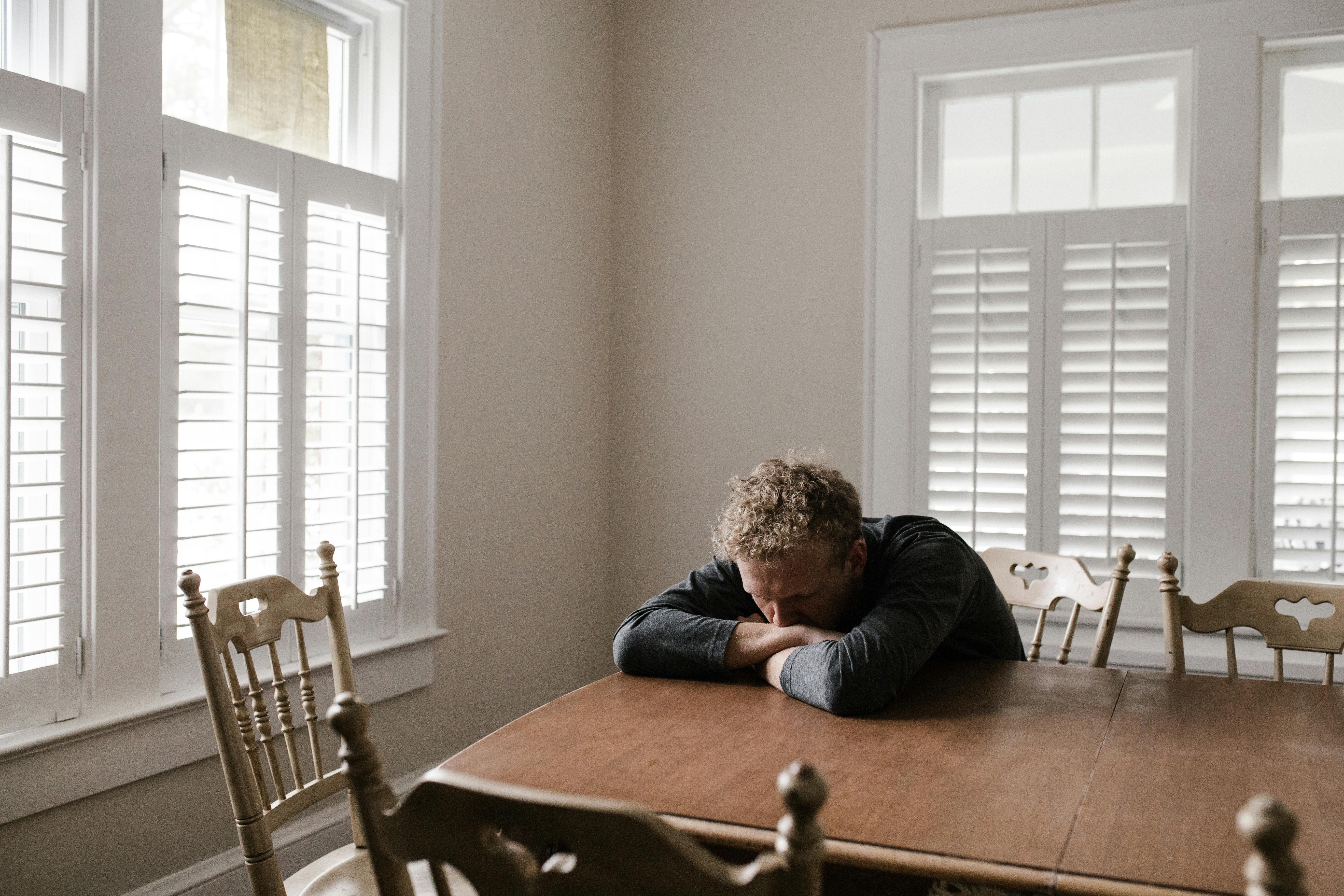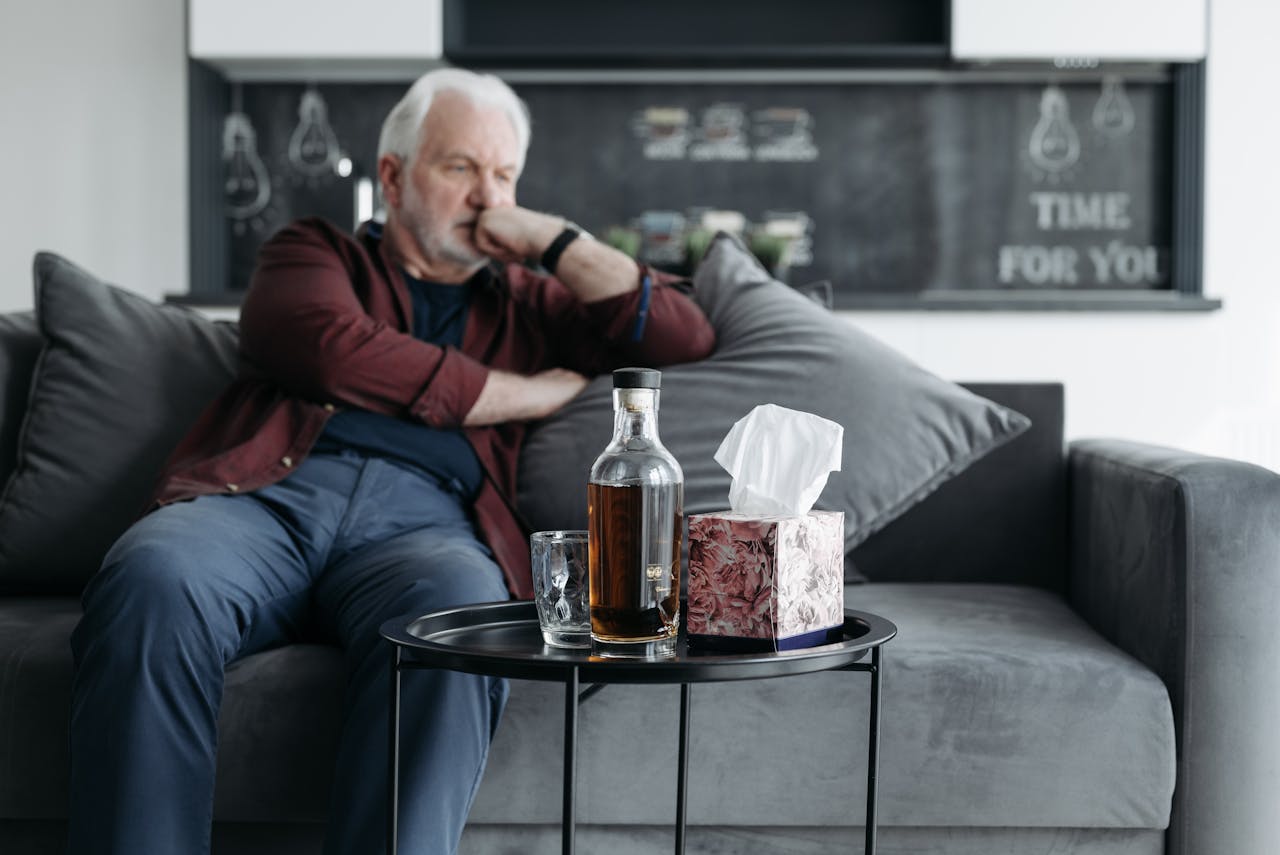

Depression doesn’t always look the same for everyone. For some, it’s persistent sadness and fatigue. For others, it’s numbness, irritability, or hopelessness. What’s often misunderstood is how closely depression is tied to substance abuse.
In this post, we explore how depression can influence drug or alcohol use, how to recognize the signs of co-occurring disorders, and how seeking addiction treatment in Idaho can help you or your loved one begin the healing journey.
It’s not uncommon for people struggling with depression to use substances to try to “feel better”—to lift their mood, escape negative thoughts, or find temporary relief from emotional pain.
But this can quickly turn into a dangerous habit. Alcohol, opioids, and other depressants may dull emotional pain at first, but over time they actually worsen depressive symptoms and increase the risk of addiction.
This pattern, when mental health issues and substance abuse reinforce each other. is called a co-occurring disorder.

Depression and substance use can feed off one another, creating a harmful loop:
Breaking this cycle requires addressing both the emotional root and the physical addiction together.
People experiencing both depression and substance use may show:
Recognizing these signs early and seeking professional help can save lives.

At Freedom Recovery, we believe that treating addiction means treating the whole person. That includes addressing underlying mental health conditions like depression alongside substance use.
Here’s how our approach to addiction treatment in Idaho helps:
Find Hope Through Compassionate Care
You don’t have to go through this alone. If you or someone you care about is struggling with depression and substance use, help is available.
Whether you’re looking for alcohol rehab in Idaho, drug rehab in Idaho, or compassionate detox in Idaho, our team at Freedom Recovery is here to support your journey toward wellness.
Take the first step today. Your path to healing begins with understanding and the right support system.

Reclaim your life with Idaho sober living programs that provide support, community, and a structured path to recovery. Start your healing journey today!

Explore the signs, symptoms, and effects of alcohol use disorder and determine how to address this condition.

Learn more about the impact of friendship on addiction prevention.